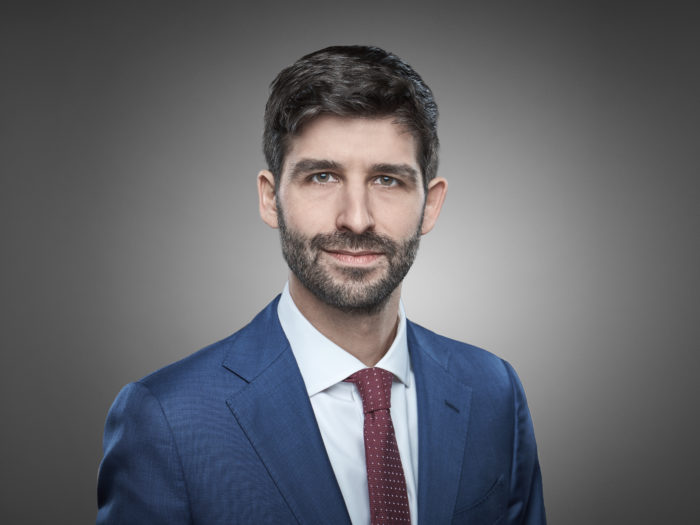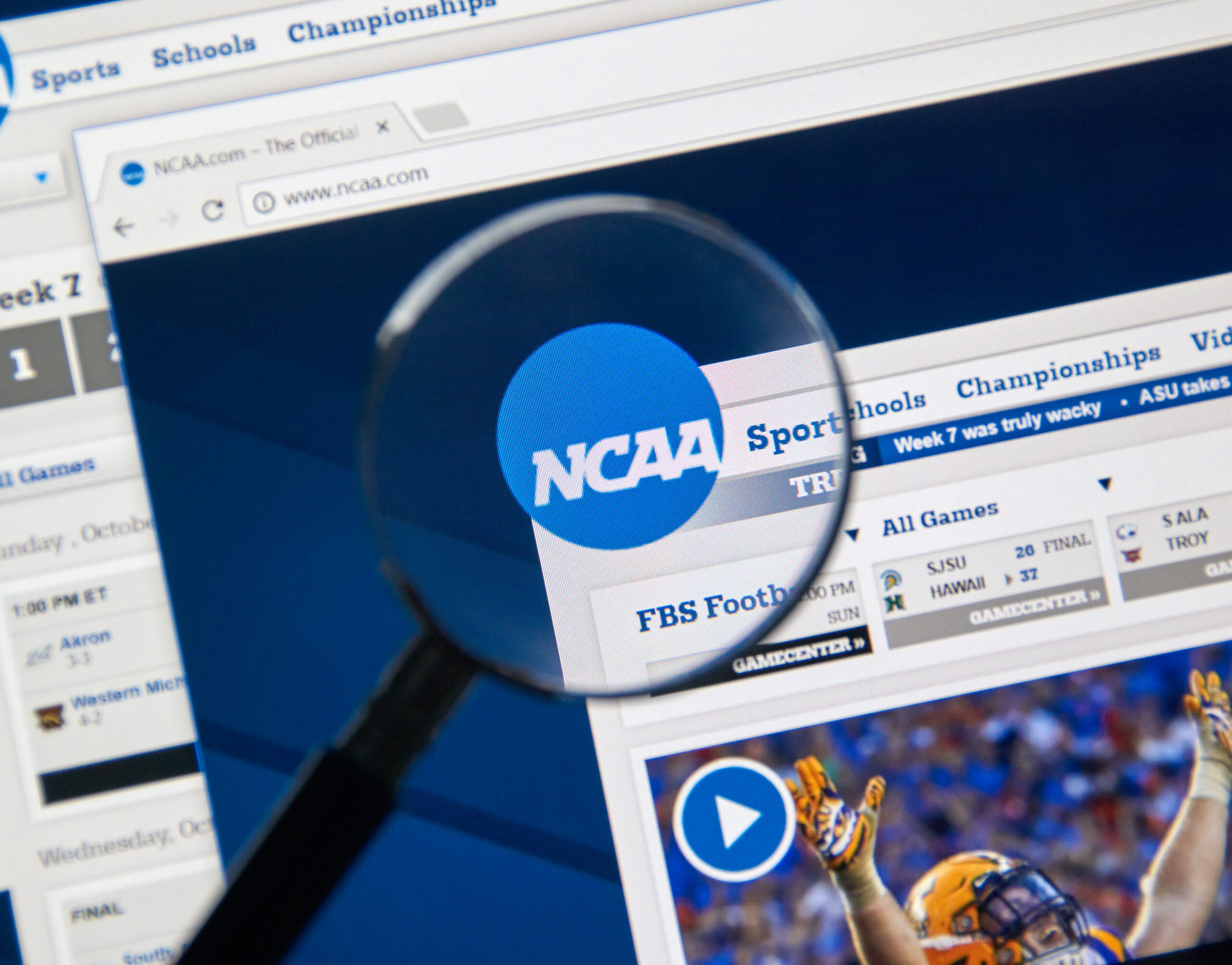The NCAA’s Summer of Legal Battles
The National College Athletic Association (NCAA), the organization responsible for regulating college sports and athletes in the US, seems to consistently find itself at the center of high-profile legal disputes. This article will provide a summary of several interesting disputes that have arisen this summer, involving areas of the law ranging from defamation to intellectual property to antitrust.
Reggie Bush sues the NCAA for defamation.
In August, former University of Southern California (USC) All-American running back (and current football analyst) Reggie Bush filed a defamation suit against the NCAA in connection with a 2021 statement made by an NCAA spokesperson.
In 2010, Mr. Bush was stripped of his Heisman Trophy after an NCAA investigation determined that he received certain impermissible benefits from a sports marketing company while enrolled at USC. In 2021, the NCAA modified its policies to permit students, for the first time, to exploit rights in their name, image and likeness. Mr. Bush has since advocated for reinstatement of his Heisman Trophy, given that the actions that led to him being stripped of the award would be permitted under current rules. Responding to reporters on the matter, NCAA spokesperson Meghan Durham stated on record that “NCAA rules still do not permit pay-for-play type arrangements.” Mr. Bush contends that this statement suggests that he accepted money to attend USC, an unambiguously prohibited practice under NCAA rules, and which he denies and claims is defamatory.
To prevail on a defamation claim, Mr. Bush will need to prove that the statement is false and that it caused him harm. Because Mr. Bush is a public figure, he will likely also need to prove that the statement was made with actual malice (e.g., that Ms. Durham made the statement knowing it was false, or acting with a reckless disregard for the statement’s truth or falsity). Should Mr. Bush be able to establish that the statement is false, proving the additional elements may present substantial challenges.
The NCAA challenges pickleball tournament name.
Pickleball has seen a rapid increase in popularity over the last few years. Dedicated courts seemingly can’t be built fast enough to keep up with demand, and those who enjoy this hobby have been encroaching on tennis courts, handball courts, and other public spaces to play. Now, a new dispute first reported by the San Diego Union Tribune suggests pickleball may also be encroaching on the NCAA’s intellectual property.
Noah Suemnick, a recent college graduate, is using the name “National Collegiate Pickleball Association” to promote his inaugural pickleball tournament, scheduled for March 2024. The NCAA, in a cease-and-desist letter to Mr. Suemnick, alleges that his use of “National Collegiate Pickleball Association” constitutes trademark infringement of the NCAA’s name. As the Union Tribune reported, the conflict began when Mr. Suemnick filed a federal trademark application; the NCAA is attempting to resolve the issue before the trademark application is reviewed by a USPTO examiner. The NCAA may be hoping that Mr. Suemnick, fearing the potentially high cost of litigation, will quickly surrender and cease using the name to promote his new event. If the NCAA files suit and the lawsuit proceeds, it would need to prove that Mr. Suemnick’s use of the mark causes a likelihood of confusion. Alternatively, the NCAA might attempt a “dilution by blurring” claim, which would require it to prove that the distinctiveness of the NCAA mark is impaired via association with the NCPA.
Volunteer Division I coaches challenge the NCAA in antitrust suit.
Over the summer, the NCAA attempted and failed to have dismissed two lawsuits brought by Division I volunteer coaches. The two federal cases, each filed in California, allege that the NCAA conspired with DI member schools to restrict, via its bylaws, the number of paid assistant coaches that teams are allowed to hire, the result of this being that additional assistant coaches can only be engaged on a volunteer basis. These coaches claim that the NCAA regulations result in price-fixing and amount to illegal restraint of trade under the Sherman Act. They assert that the NCAA is cutting off the labor market for their services, forcing them to work demanding hours for a salary of $0, or find positions in other labor markets (such as assistant coaching jobs at DII or DIII schools) that provide fewer opportunities for career growth and fewer resources. The NCAA recently changed the bylaw at issue, but the coaches claim that they have already suffered damages. In denying the NCAA’s motion to dismiss, Judge William Shubb noted, “it is not implausible that plaintiffs would have been paid a salary above $0 but for the NCAA’s adoption of the bylaw.”
The NCAA has faced a summer marked by a diverse range of legal disputes, underscoring the complex and evolving nature of its role in regulating college sports and athletes in the US. As these legal battles unfold, they not only have significant implications for the NCAA but also serve as pivotal moments in the broader discourse around the future of college sports and the rights of athletes and other key players within the system.

This article is intended as a general discussion of these issues only and is not to be considered legal advice or relied upon. For more information, please contact RPJ Counsel Daniel Jason Ain who counsels clients in areas of entertainment, media and literary, intellectual property and employment law. Mr. Ain is admitted to practice law in the State of New York and the District of Columbia.

